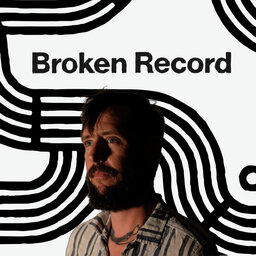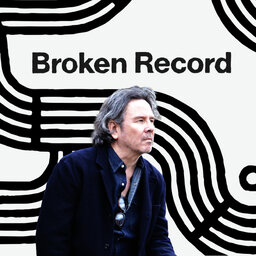Yusuf/Cat Stevens
Since debuting in the late ‘60s, Yusuf/Cat Stevens has made a sizable contribution to the folk canon with tender, contemplative songs like “Wild World,” “Moon Shadow,” and “The Wind.” Stevens recently reissued one of his most seminal early albums, Teaser And The Firecat, to celebrate the 50th anniversary of its release. The new edition features remastered versions of the original album along with 41 previously unreleased demos and alternate mixes.
On today’s episode Bruce Headlam talks to Yusuf/Cat Stevens about what it’s like to perform his old songs after he converted to Islam in the late ‘70s. They also talk in detail about how Stevens wrote and recorded Teaser And The Firecat. And how he has come to love the rough versions of some of his songs that appear on the soundtrack for the movie Harold and Maude which was recently re-released for the movie’s 50th anniversary.
Subscribe to Broken Record’s YouTube channel to hear all of our interviews: https://www.youtube.com/brokenrecordpodcast and follow us on Twitter @BrokenRecord
You can also check out past episodes here: https://brokenrecordpodcast.com
Check out our favorite Yusuf/Cat Stevens songs HERE.
Learn more about your ad-choices at https://www.iheartpodcastnetwork.com
 Broken Record with Rick Rubin, Malcolm Gladwell, Bruce Headlam and Justin Richmond
Broken Record with Rick Rubin, Malcolm Gladwell, Bruce Headlam and Justin Richmond


